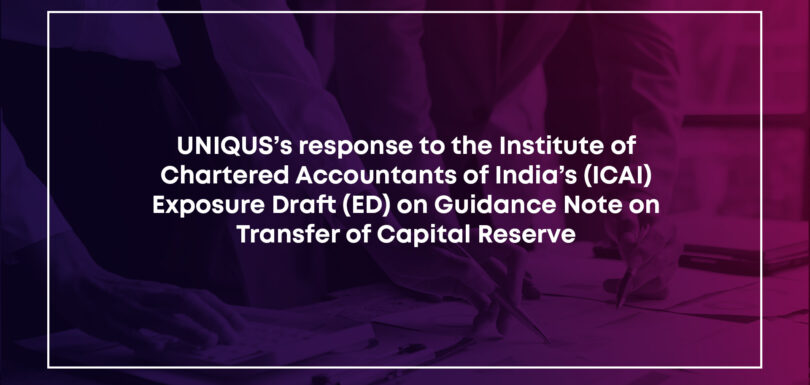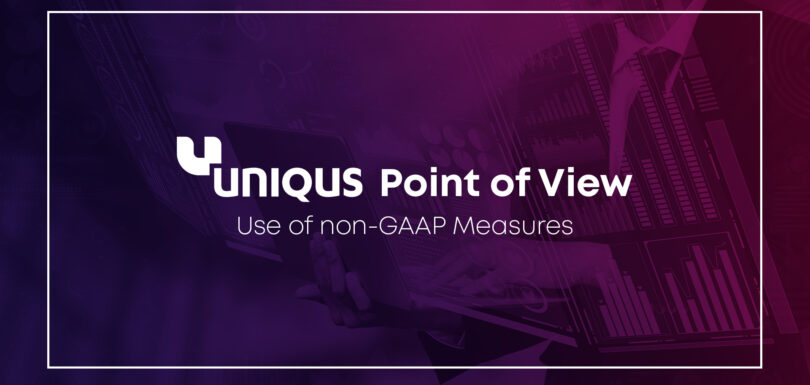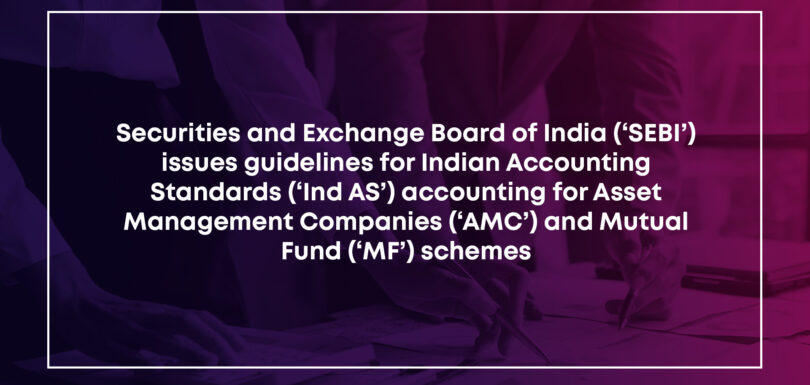International Sustainability Standards Board issues standards on sustainability and climate-related disclosures
The standards issued by the International Sustainability Standards Board (ISSB) bring much-needed global baselining in sustainability reporting. The latest announcement by the Financial Stability Board asking the IFRS Foundation to take over monitoring the progress of companies’ climate-related disclosures from the Task Force on Climate-related Financial Disclosures (TCFD) is a step toward aligning framework and disclosure requirements. This will enable global benchmarking, capacity building, and monitoring of the progress of company disclosures and adoption. The standard-setting program of the ISSB is set to gather momentum with the exposure draft for narrow-scope revisions contemplated to the SASB standards already open for comments. Countries around the world that follow IFRS standards for financial reporting should adopt the ISSB standards to align financial and non-financial reporting frameworks. Companies should holistically evaluate the disclosures in these new standards and prepare to adopt them, including training their teams and embedding technology. In our experience, stakeholder communication and managing expectations are critical, and the involvement of all stakeholders early in the process will be key to successful adoption.





